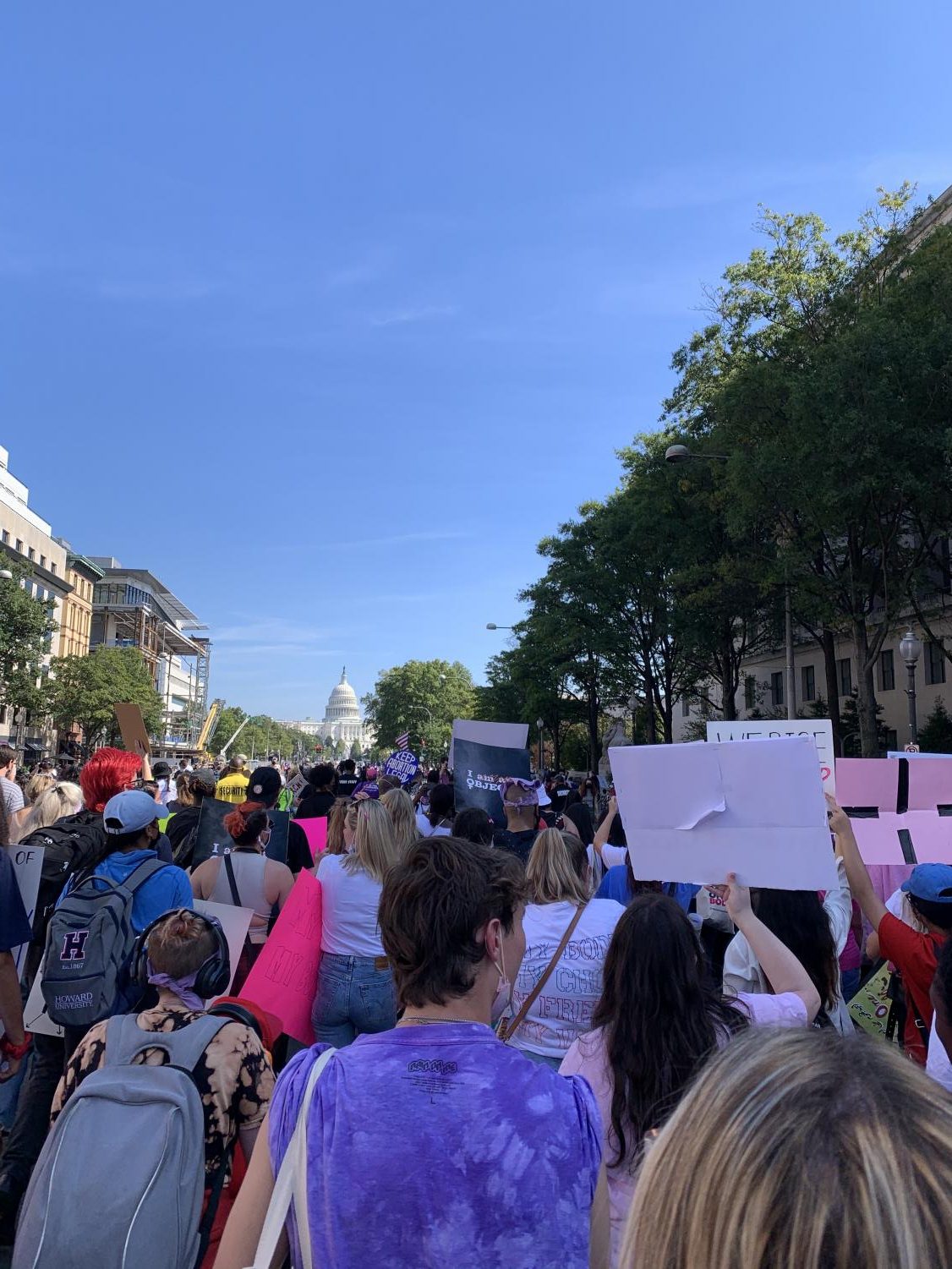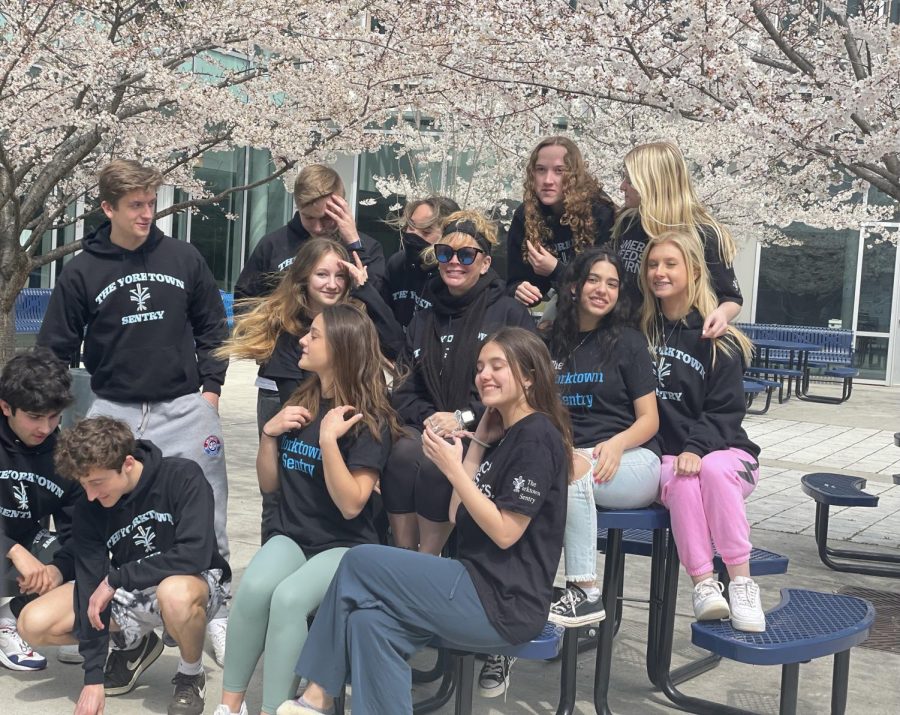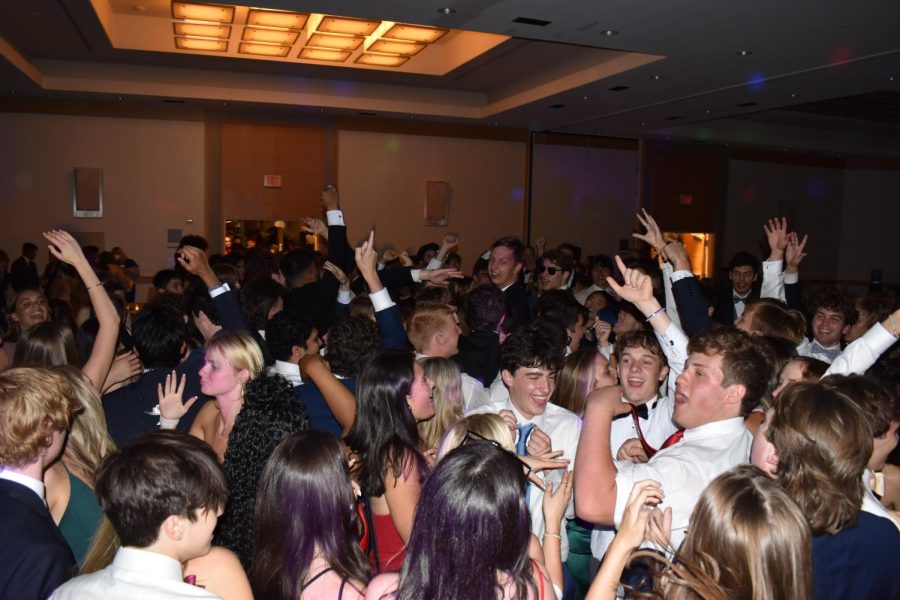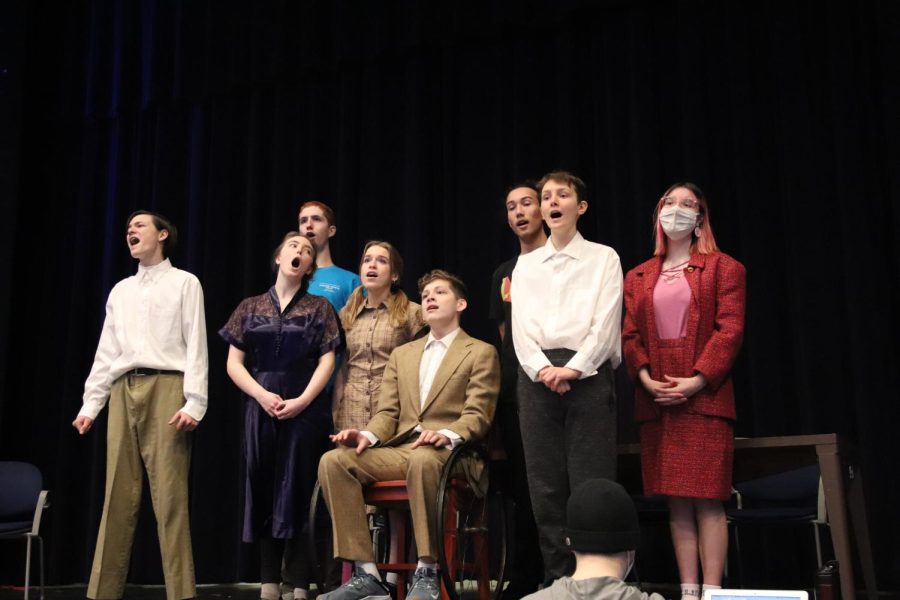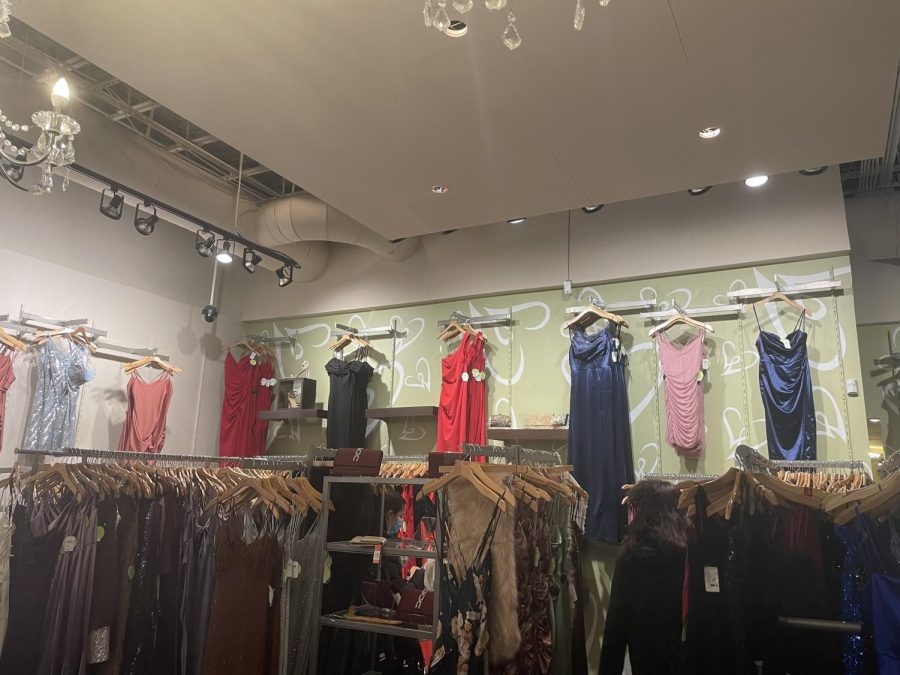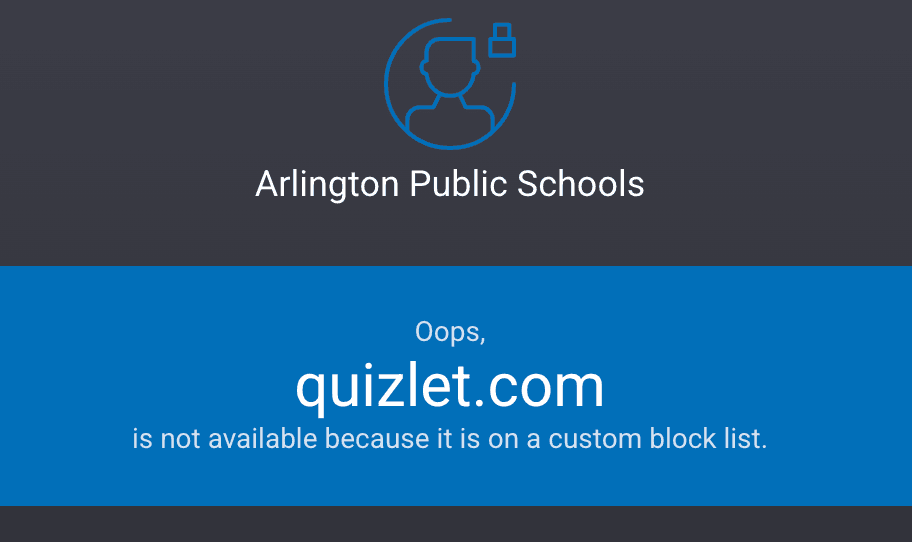In May 2021, Texas enacted a law stating that any US citizen can sue, for a minimum of $10,000, anyone who aided someone in getting an abortion after six weeks. Outrage erupted around the country leading to a large amount of student involvement in activism against the law.
The law is one of the most rigid bans on abortion in the US, prohibiting the procedure as soon as a fetal heartbeat can be detected, which is typically around six weeks. Because of the way a pregnancy is measured, it is common for people to not know they are pregnant until around eight to ten weeks. The law itself poses many questions stemming from the lack of limits on who can be sued.
“There are flaws in how it’s written; for example, it’s quite vague. What does it mean to aid? One of the questions is ‘what if I call an Uber to take me to an abortion clinic? Can the Uber driver be sued? How many people can sue you?’ There doesn’t seem to be a limit in the law,” law and government teacher Paige Hamrick said.
There are limited circumstances in which a person can be exempted from the law. If the fetus develops abnormally and could result in an injury or death of the person carrying it, an abortion is allowed. However, it would require a certification from a medical professional to confirm that the pregnancy is truly a threat.
Shortly after the law was announced, protests began all around the nation. Many activist groups marched in Washington D.C. in hopes of garnering support and attention from government officials in the nation’s capital. A large percentage of the crowds were made up of students who recognize the importance of civic engagement. While these protests are essential in spreading awareness about the unconstitutionality of the case, they may not go as far as many would hope.
“[The protests] won’t be influential on the Supreme Court itself. The Supreme Court tries to ignore political realities, because they are supposed to focus on the constitutionality of the law … I don’t know that [the protests] will have much of an impact on Texas. Texas seems pretty dug-in to this particular position at the moment,” Hamrick said.
While protesting in a different state against a law imposed in Texas may not make a significant impact, other actions taken can prove beneficial.
“Protesting in Virginia against a Texas law is great. That is civic participation. That’s excellent, but if you’re concerned about the state of abortion laws in Virginia, you need to make sure that you contact your representatives, whoever the new governor may be, and make your voice heard that way as well,” Hamrick said.
Anna Macon Corcoran, the Vice President of our school’s Young Democrats club, recognizes the importance in taking action while also keeping in perspective how heavy of an impact she can make.
“I might be writing letters at some point soon, but it’s hard when you don’t live in [Texas]. It doesn’t mean as much when you have a vote. One of the big things about federalism is that if you don’t like something in your state, you can move states, but it’s kind of annoying,” Corcoran said.
With Glenn Youngkin, a pro-life Republican, recently elected as governor of Virginia, the future of the state’s abortion access is at stake.
“I hope that the Supreme Court will find [the law] unconstitutional, but honestly, at this point I’m scared for the fate of Virginia with the new governor and how that bill could be passed here,” Corcoran said.
As students, finding ways to voice opinions and beliefs can prove challenging. Luckily, there are many resources available in making this process simpler.
“If there are people who are against the Texas law, I would look at organizations like Planned Parenthood or Emily’s List, because those are some pro-choice organizations to see where they can indeed protest. The important thing to remember is whatever way you want the law to go, it is your state government that will pass a law about abortion,” Hamrick said.
With the current climate of the country, the student voice is more important now than ever.
“I am very against [the law]. I think it is going against women’s rights, women’s right to choose, women’s reproductive rights. There is so much controversy around it because of the polarization of this country and how everyone picks a side on every matter based on their political party. In my opinion, I do not think it is constitutional and I’m scared that Roe v. Wade is going to be upturned because of the super Republican Supreme Court,” Corcoran said.





































